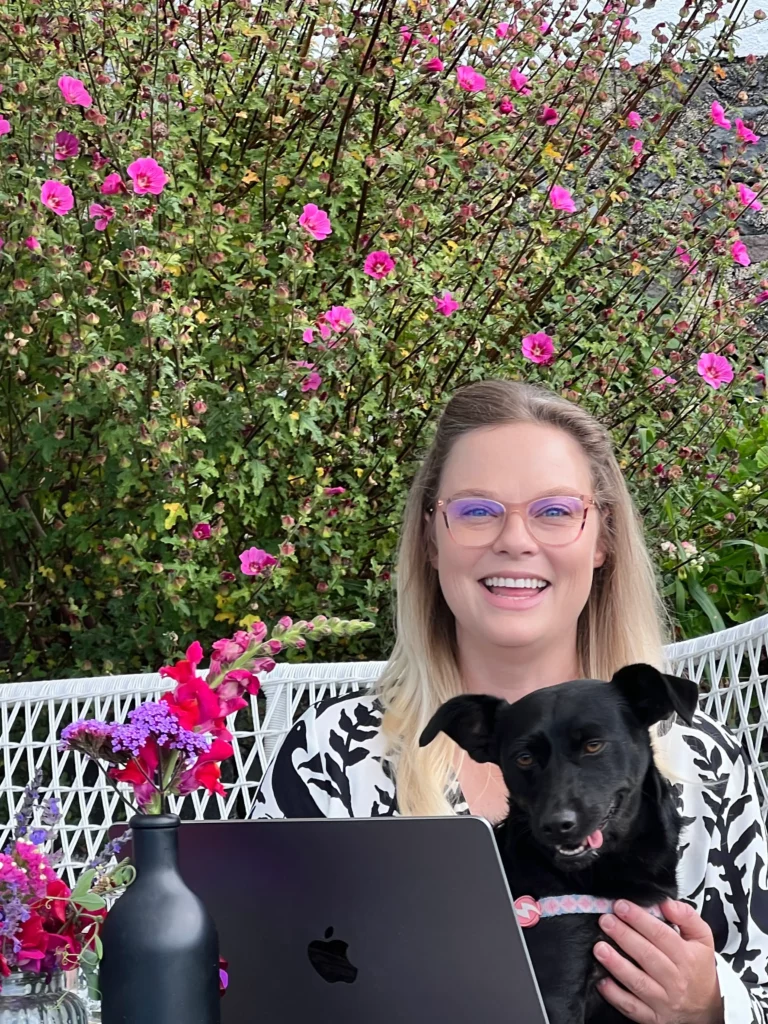Most people won’t say it out loud, but when they land on your site, they’re wondering one thing: is this someone I can trust?
One of the first places they go for that? Your About page.
The About page is often one of the most visited parts of a website, yet many people rush through the writing or avoid it entirely. Some fill the space with stiff bios or vague statements that convey little to no information.
But this is where the connection begins. When the message feels real and clear, this page can be the reason someone decides to get in touch.
It’s Not Just About You
The biggest misunderstanding is thinking your About page is just about your story. Sure, you are sharing your background. But the point is to help the person reading it feel seen. What you’ve done and experienced matters most when it shows that you get what they’re going through.
A strong About page does a few things well:
- Starts by speaking to what your reader might be dealing with
- Shows how your background helps you support people in that situation
- Weaves together personal and professional details in a natural way
- Stays focused on how you help, not just who you are
- It ends with a clear next step, like a contact link or a call to book
What to Include (and What to Skip)
An effective About page should sound like you. It should be honest, candid, and easy to follow. There is no need to share your entire life story or rattle off every credential. Be genuine and focus on what is useful to the people reading it.
Include:
- A short intro that centers your client, not just you
- Your mission or values and why this work matters to you
- A few key points about your experience or background
- A personal touch or story that helps people connect
- A simple call to action so they know what to do next
Avoid:
- Avoid language that feels stiff or robotic
- A long list of achievements with no context
- A focus that never ties back to the reader
- Generic lines that don’t say anything specific
- Forgetting to guide the person to their next step
Make It Feel Like You
Your About page should leave people with a feeling, not just facts. It should sound like someone they would actually want to talk to, not just someone who checks the right boxes.
To make that happen:
- Write as you talk. If it feels forced, rework it until it sounds natural.
- Include a photo so readers can see who they’re connecting with
- Share a short story or moment that led you to this work
- Use short paragraphs and headings so it’s easy to skim
- Let your personality and values come through in both content and tone
If your About page has been sitting on the back burner or hasn’t had a real update in a while, this is your sign. Perfection is not the goal. What matters most is that it feels true to you. What matters is that it’s honest. That’s what gives someone the clarity and confidence to move forward, knowing they’ve found someone who understands what they need.
Jess writes about mental health, personal growth, and finding clarity in the mess of everyday life. Follow along on Substack for honest reflections and helpful insights.





